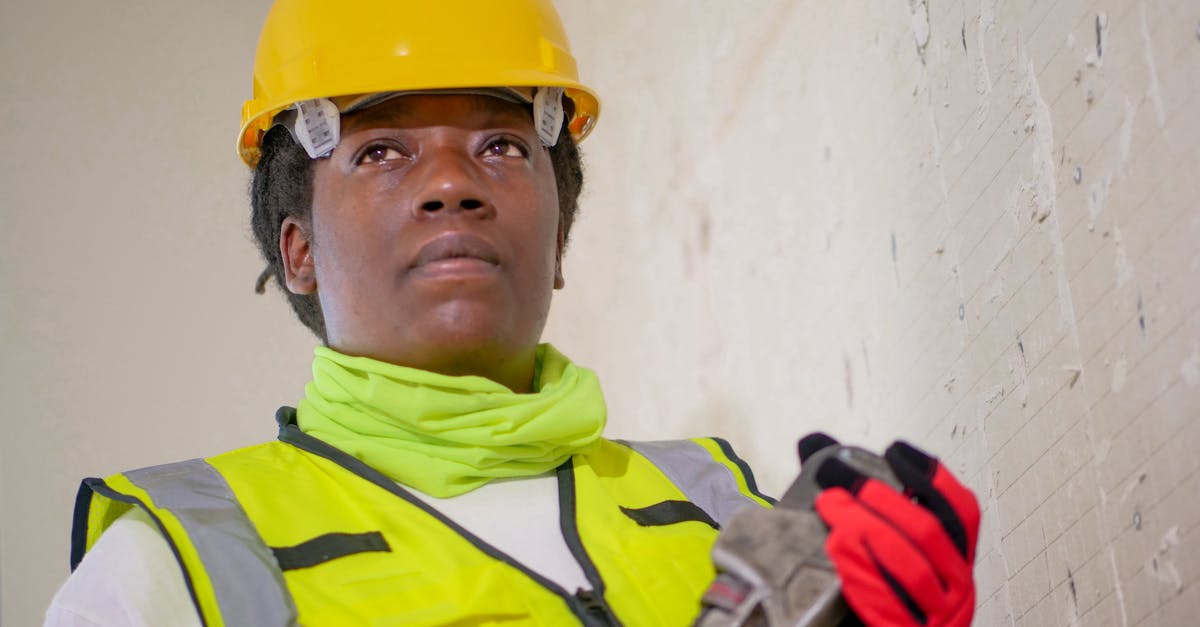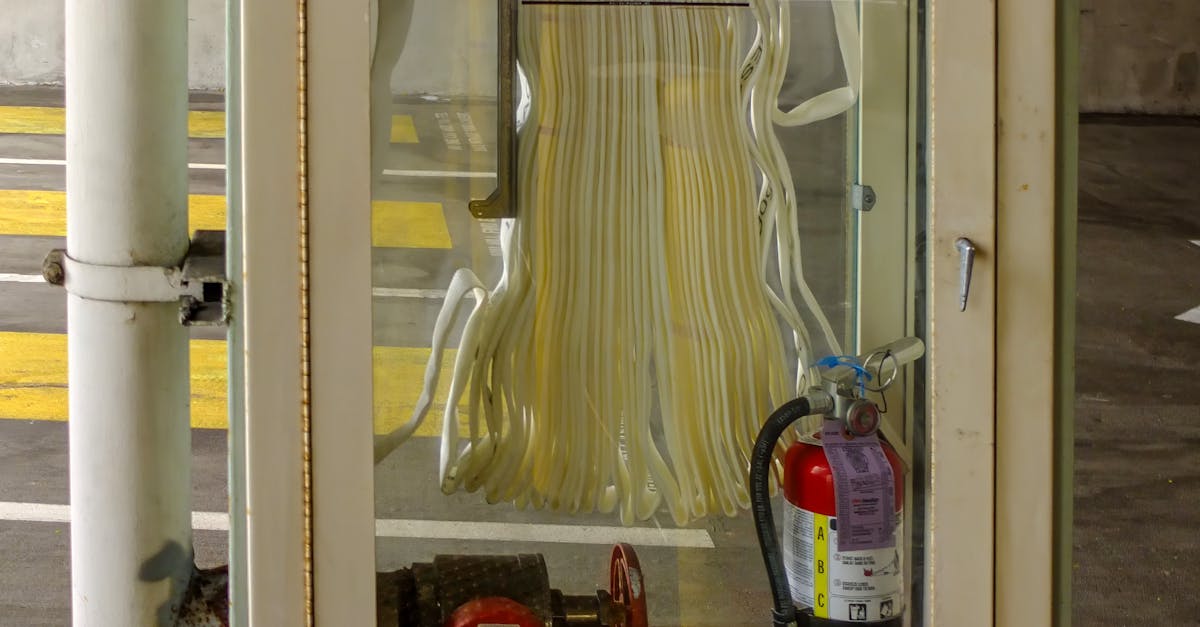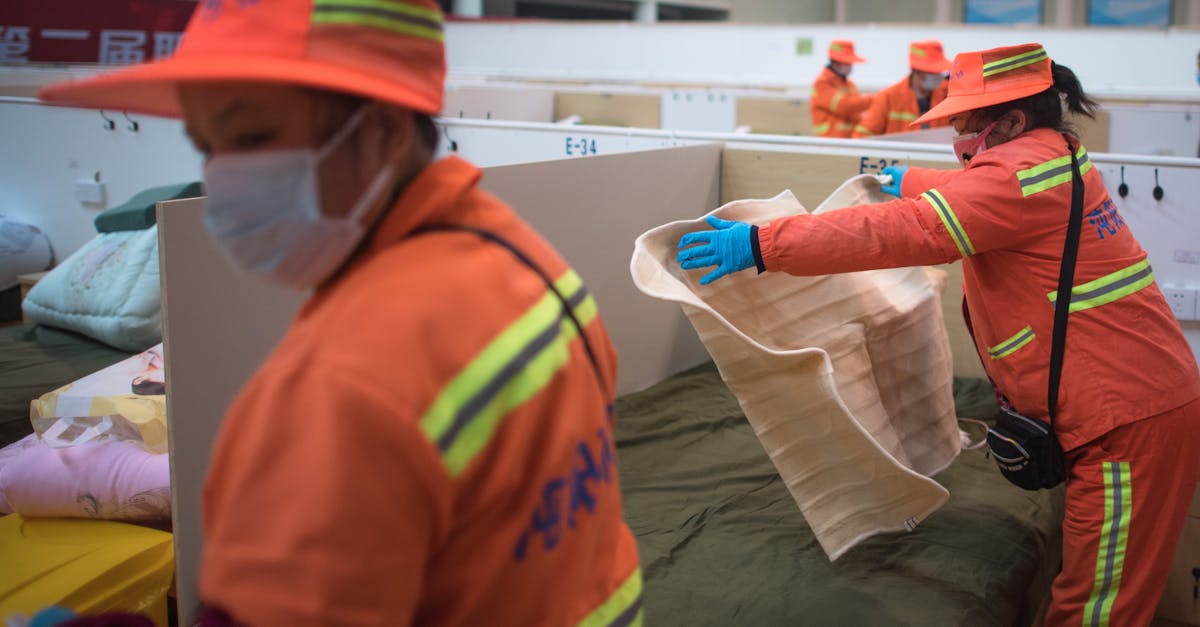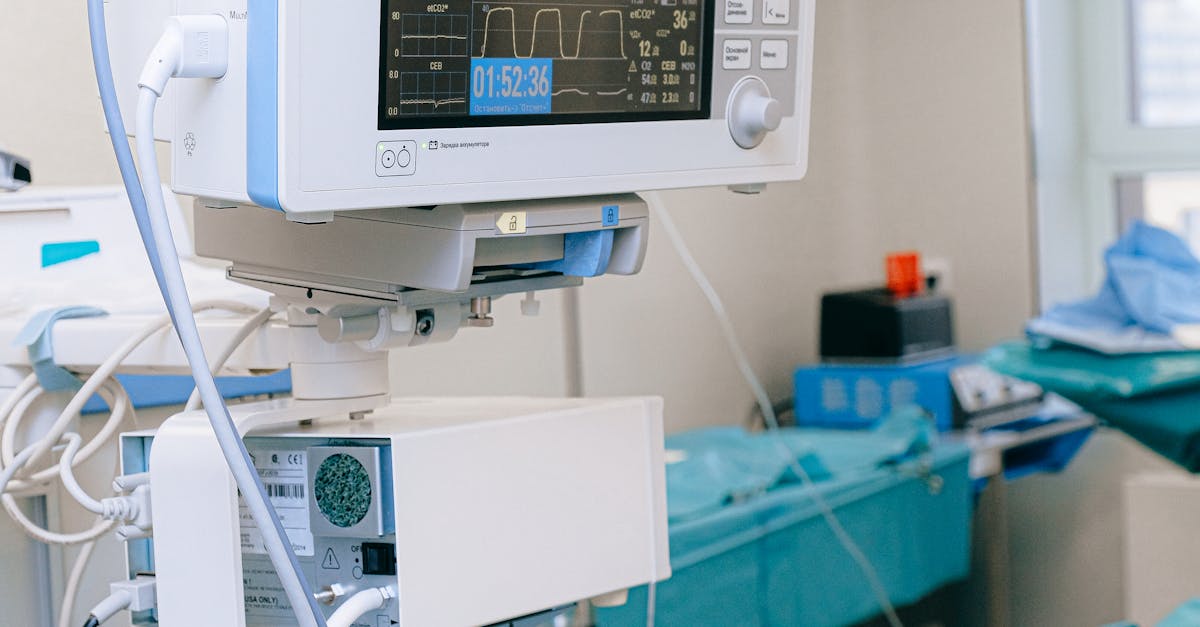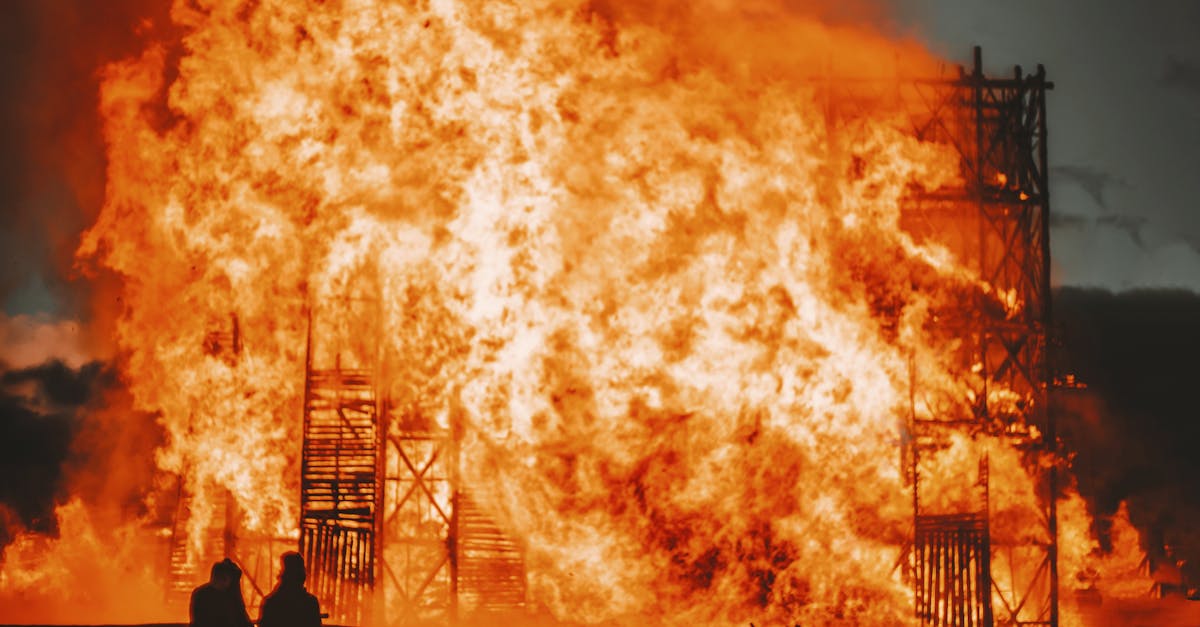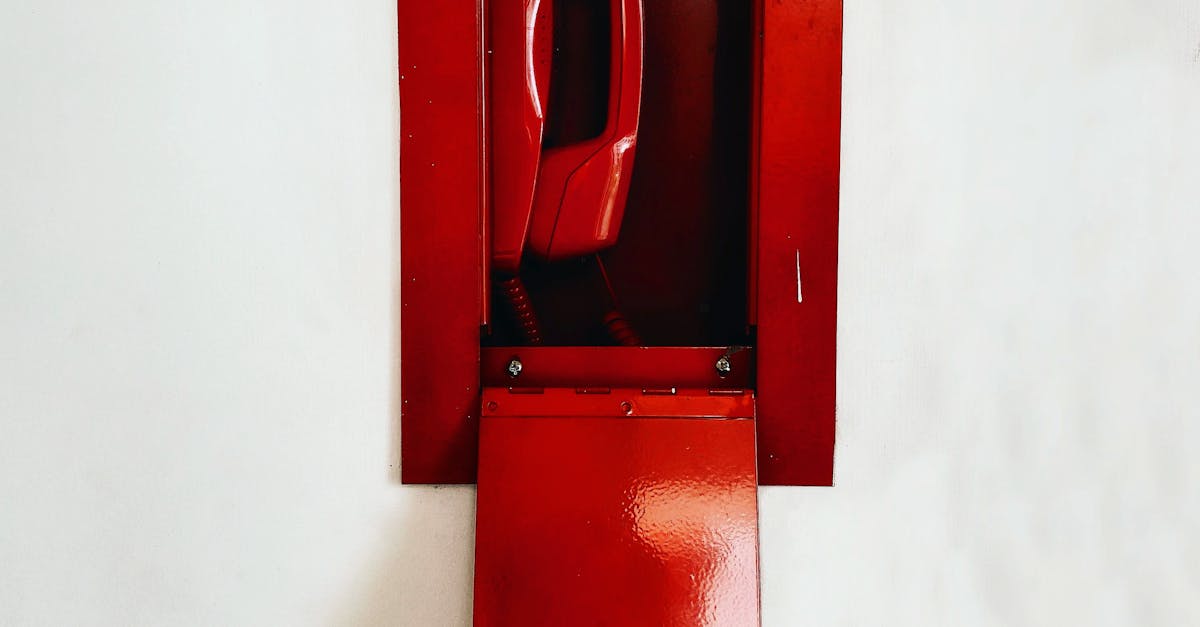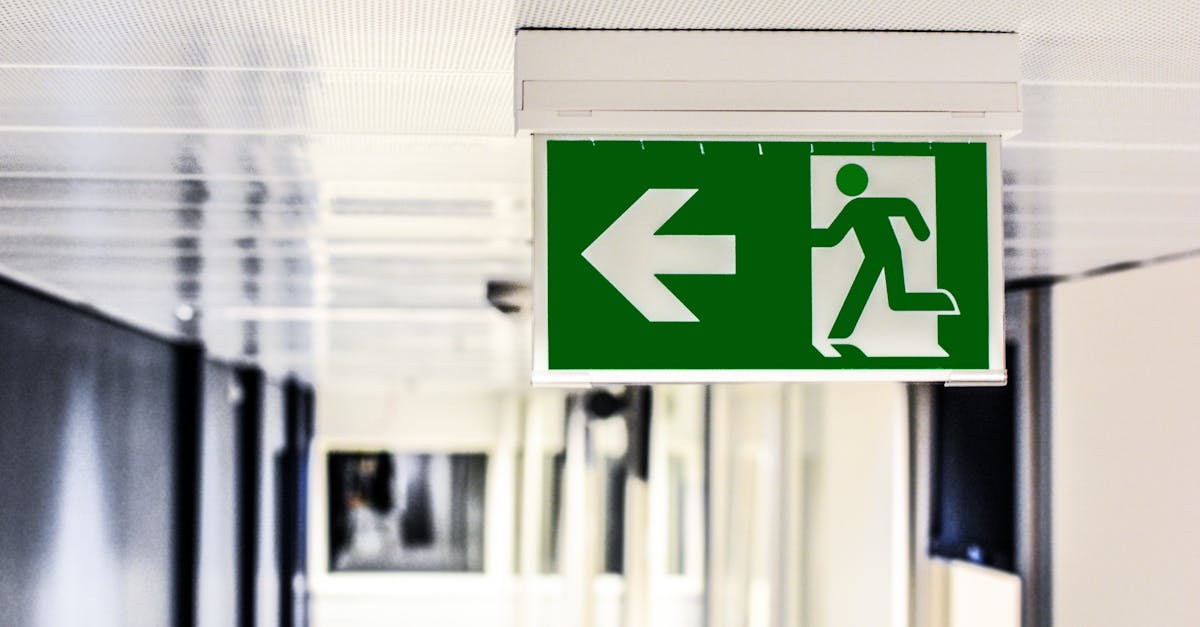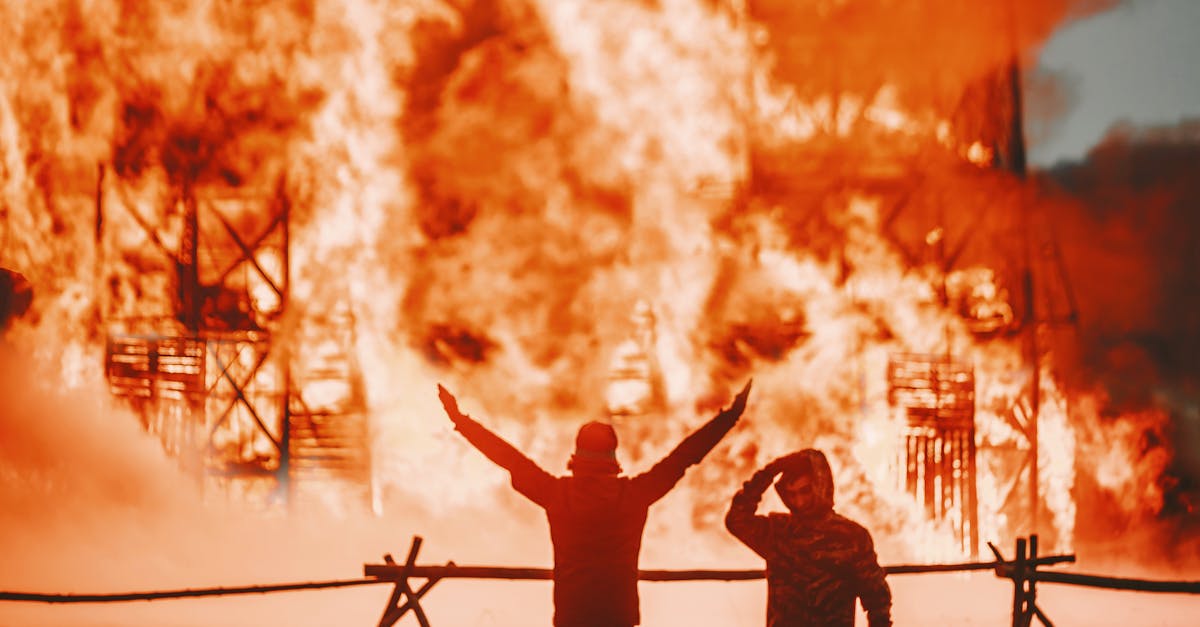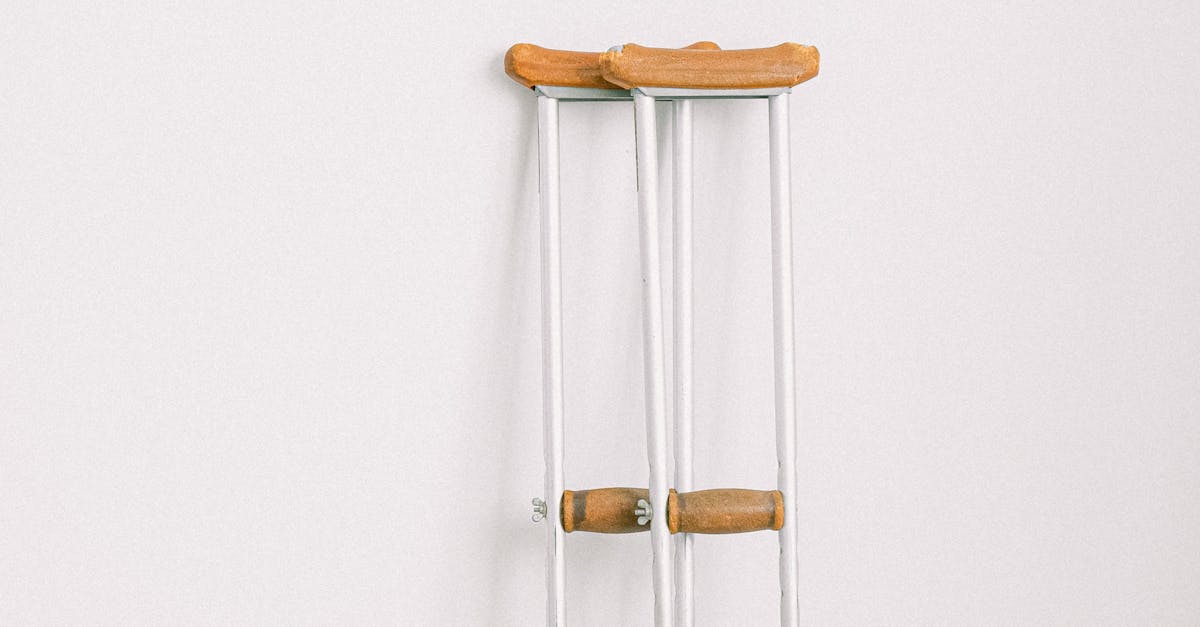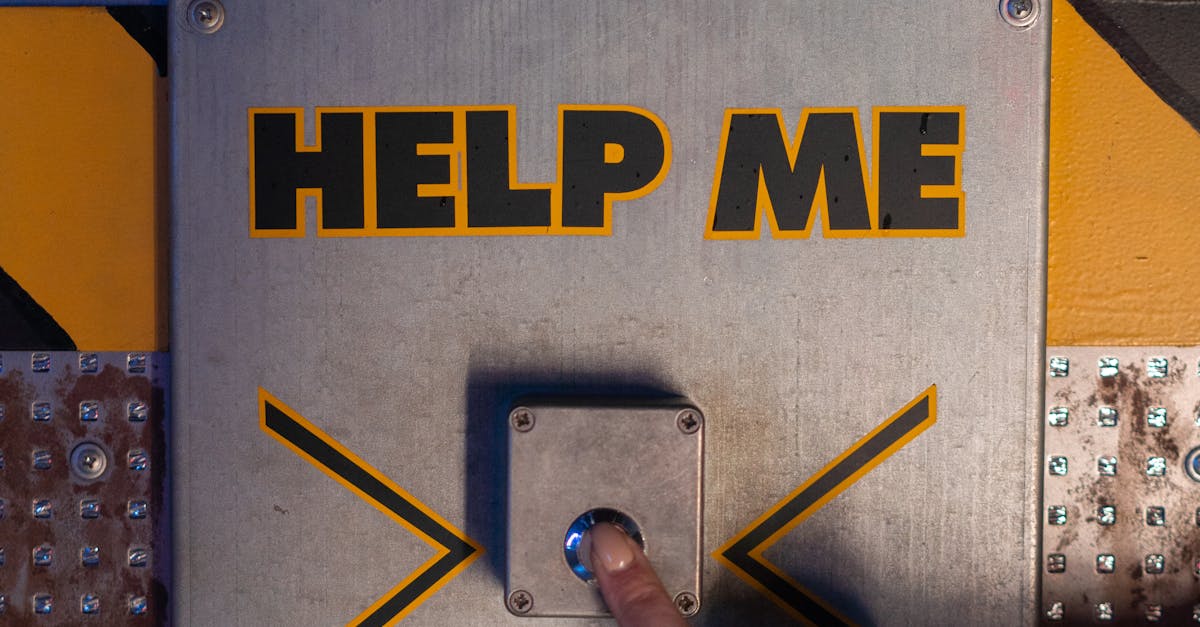
Table Of Contents
DIY Drain Cleaning Methods
Homeowners often seek DIY drain cleaning methods to tackle minor clogs before considering professional help. One effective approach involves using a mixture of baking soda and vinegar. Pour half a cup of baking soda down the drain followed by half a cup of vinegar. Allow the mixture to fizz for about 15 minutes. Following this, flush the drain with hot water. This method helps to break down organic materials and can keep minor blockages at bay.
Another practical method for drain cleaning involves using a plumber's snake. This tool can reach deeper clogs that baking soda and vinegar might miss. Insert the snake into the drain and rotate it gently until resistance is felt. Once you have snagged the blockage, carefully pull it out. This can prevent a build-up of debris over time, ensuring your drains remain clear and functional. Regular use of these techniques can contribute to better maintained plumbing in the long run.
Simple Solutions for Minor Clogs
For minor clogs, simple solutions can effectively clear your drains without the need for professional help. One popular method involves using a mixture of baking soda and vinegar. Pouring half a cup of baking soda followed by half a cup of vinegar down the drain can help break down grease and debris. Allow the mixture to fizz and work its magic for about 30 minutes, then flush with hot water. This natural approach ensures your pipes remain free from harsh chemicals while being cleaned effectively.
Another solution involves using a plunger, which can be quite handy for blockages caused by foreign objects or accumulated waste. Place the plunger over the drain, ensuring a tight seal, and pump it vigorously. The suction created can dislodge most minor clogs with relative ease. Combining these DIY drain cleaning methods can keep your plumbing in good shape and reduce the frequency of more serious blockages.
Professional Drain Cleaning Services
Professional drain cleaning services offer a thorough approach to maintaining and unblocking drains, ensuring long-lasting results. These services use specialised equipment and techniques, including high-pressure water jets and drain cameras, to identify and resolve issues that may be overlooked in routine cleaning. Homeowners benefit from this expertise as professionals can tackle deep-rooted clogs and blockages that DIY methods often fail to address.
When considering whether to engage professional assistance, it's essential to evaluate the severity of the problem. Persistent or recurring clogs can indicate underlying issues in the plumbing system that require expert attention. Regular drain cleaning by professionals not only prevents larger problems down the track but also helps maintain the overall health of your plumbing infrastructure.
When to Call in the Experts
Recognising when to seek professional help is crucial for maintaining a healthy drainage system. Regular inspection of your drains is vital, particularly if you notice recurring clogs or slow drainage that simple DIY methods fail to resolve. Professional drain cleaning can address underlying issues such as tree root invasion or significant accumulation of debris that may be hidden from view and require advanced tools and techniques to clear effectively.
Experts possess the necessary equipment and experience to identify problems that might not be immediately apparent. If you encounter foul odours, gurgling sounds, or persistent backups, these can indicate more serious issues requiring prompt attention. Investing in professional drain cleaning not only resolves these concerns but can also prevent potential damage to your plumbing system and save you money in the long run.
Consequences of Neglecting Drain Maintenance
Neglecting regular drain maintenance can lead to a range of significant issues within a household. As build-up accumulates, it may result in persistent blockages that require immediate attention. When water flow is obstructed, pressure increases within the pipes, potentially leading to leaks or bursts. This could not only disrupt daily activities but also result in costly repairs and extensive property damage.
Furthermore, failing to undertake routine drain cleaning can create an environment conducive to mould and bacterial growth. The stagnant water and debris trapped within pipes can produce unpleasant odours and health risks for residents. When drains are not adequately maintained, the problem can escalate, making necessary interventions more complicated and expensive than if addressed at an earlier stage.
Potential Damage and Cost Implications
Neglecting regular drain maintenance can lead to significant damage in both residential and commercial properties. Accumulated debris and build-up can cause blockages that result in water backup. This not only disrupts daily life but can also jeopardise the structural integrity of buildings. Over time, untreated clogs may lead to more severe issues, such as leaks or even pipe ruptures, resulting in costly repairs that far exceed the expense of regular drain cleaning.
The financial implications of failing to maintain drains can escalate quickly. Homeowners may find themselves facing emergency plumbing bills that arise from sudden failures or severe flood damage caused by neglected drainage systems. Moreover, the costs associated with mould remediation, structural repairs, and potential health risks from stagnant water can further increase expenses. Regular investment in drain cleaning can help mitigate these risks and ultimately save money by preventing larger issues from developing.
FAQS
How often should I clean my drains?
It is recommended to clean your drains at least once a year to prevent clogs and maintain optimal flow. However, if you notice frequent blockages or slow drainage, consider cleaning them more often.
What are some DIY methods for cleaning drains?
Some effective DIY methods include using a mixture of baking soda and vinegar, boiling water, or a plunger for minor clogs. Regularly flushing your drains with hot water can also help prevent buildup.
When should I consider hiring a professional for drain cleaning?
If you experience persistent clogs, foul odours, or slow drainage that DIY methods can't resolve, it may be time to call in a professional. They have the tools and expertise to address more serious issues.
What are the risks of neglecting drain maintenance?
Neglecting drain maintenance can lead to severe blockages, unpleasant odours, and water damage to your property. Over time, this can result in costly repairs and potential health hazards.
How can I tell if my drains need cleaning?
Signs that your drains may need cleaning include slow drainage, gurgling sounds, foul odours, or water backing up in sinks or tubs. If you notice any of these symptoms, it’s a good idea to take action.
